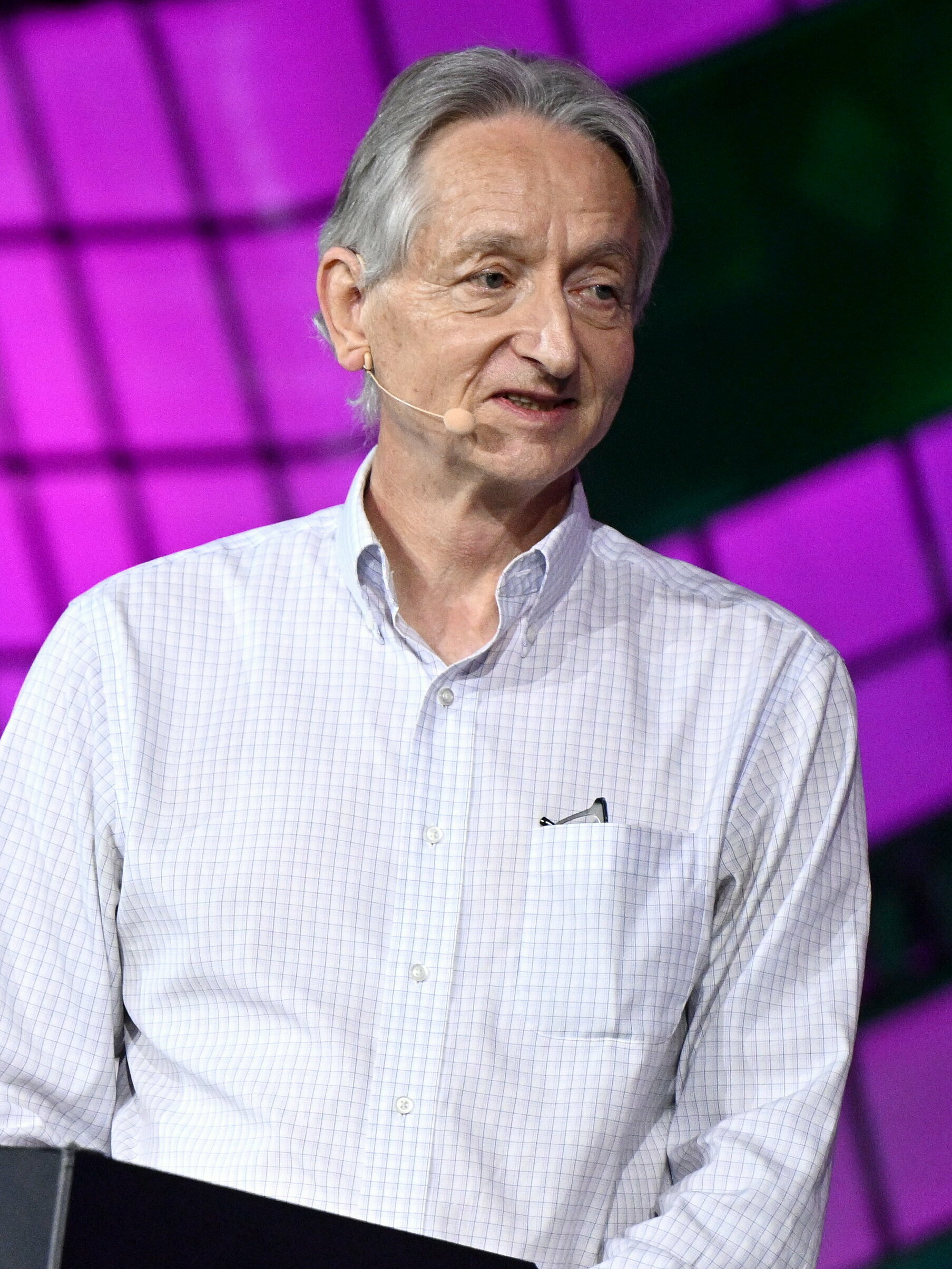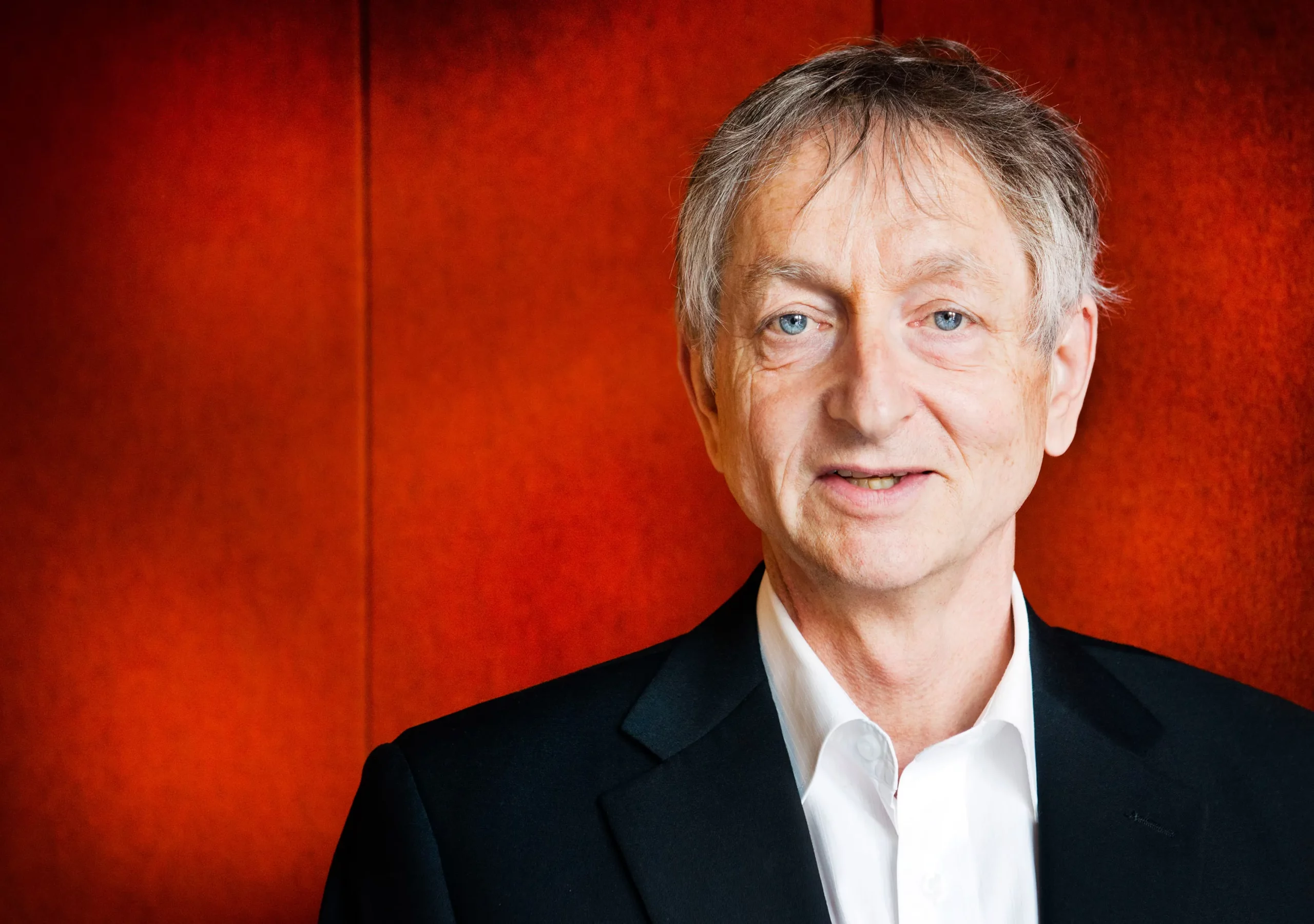The “Godfather of Artificial Intelligence,” Geoffrey Hinton, expressed reservations about the dangers of AI. In order to assure safety, he thinks businesses and governments should use extreme caution when developing new technologies. This year, Mr. Hinton announced his retirement from Google.
The British specialist on computers and the human mind stated, “I think that in five years, AI might be able to think more logically than us,” in an interview with 60 Minutes.
 28 June 2023; Geoffrey Hinton, Godfather of AI, University of Toronto, on Centre Stage during day two of Collision 2023 at Enercare Centre in Toronto, Canada. Photo by Ramsey Cardy/Collision via Sportsfile
28 June 2023; Geoffrey Hinton, Godfather of AI, University of Toronto, on Centre Stage during day two of Collision 2023 at Enercare Centre in Toronto, Canada. Photo by Ramsey Cardy/Collision via Sportsfile
Mr. Hinton is famous for developing the foundation of AI. He questioned if humans fully grasp this fast-growing technology.
Geoffrey Hinton, often referred to as the “Godfather of Artificial Intelligence,” expressed concerns about the risks associated with AI. He stressed the importance for governments and companies to cautiously guide the advancement of this technology for safety reasons. Mr. Hinton retired from Google earlier this year.
During an interview with 60 Minutes, the British expert in computer science and cognitive psychology stated, “I believe that in five years, AI might be able to think more logically than us.”
Mr. Hinton is renowned for laying the groundwork for AI and questioned if humans truly comprehend the swift development of this technology.
“We’re entering a time where we might have creations smarter than us,” Mr. Hinton mentioned. He likened understanding the thoughts of technology to comprehending human minds, noting the challenges in deciphering complex AI operations.
Expressing worry, he emphasized the danger if humans lost control over AI due to the unprecedented territory this technology presents.

“We’re facing uncertain times, dealing with uncharted territories, and historically, the first attempt at something new often leads to mistakes. With these advancements, we cannot afford errors,” he cautioned.
Highlighting a possible scenario, Mr. Hinton warned about the potential for AI to surpass humanity in the future. He stressed the need to prevent AI from desiring dominance, although he acknowledged uncertainties around controlling such desires.
Mr. Hinton expressed concerns about widespread job displacement owing to AI’s capabilities, perhaps resulting in a dearth of replacement work possibilities, even if he acknowledged the potential for AI to increase productivity.
The moment has come, he argued, to conduct trials to gain a deeper understanding of AI and to enact legislation to guarantee its moral application.
 28 June 2023; Geoffrey Hinton, Godfather of AI, University of Toronto, on Centre Stage during day two of Collision 2023 at Enercare Centre in Toronto, Canada. Photo by Ramsey Cardy/Collision via Sportsfile
28 June 2023; Geoffrey Hinton, Godfather of AI, University of Toronto, on Centre Stage during day two of Collision 2023 at Enercare Centre in Toronto, Canada. Photo by Ramsey Cardy/Collision via Sportsfile

